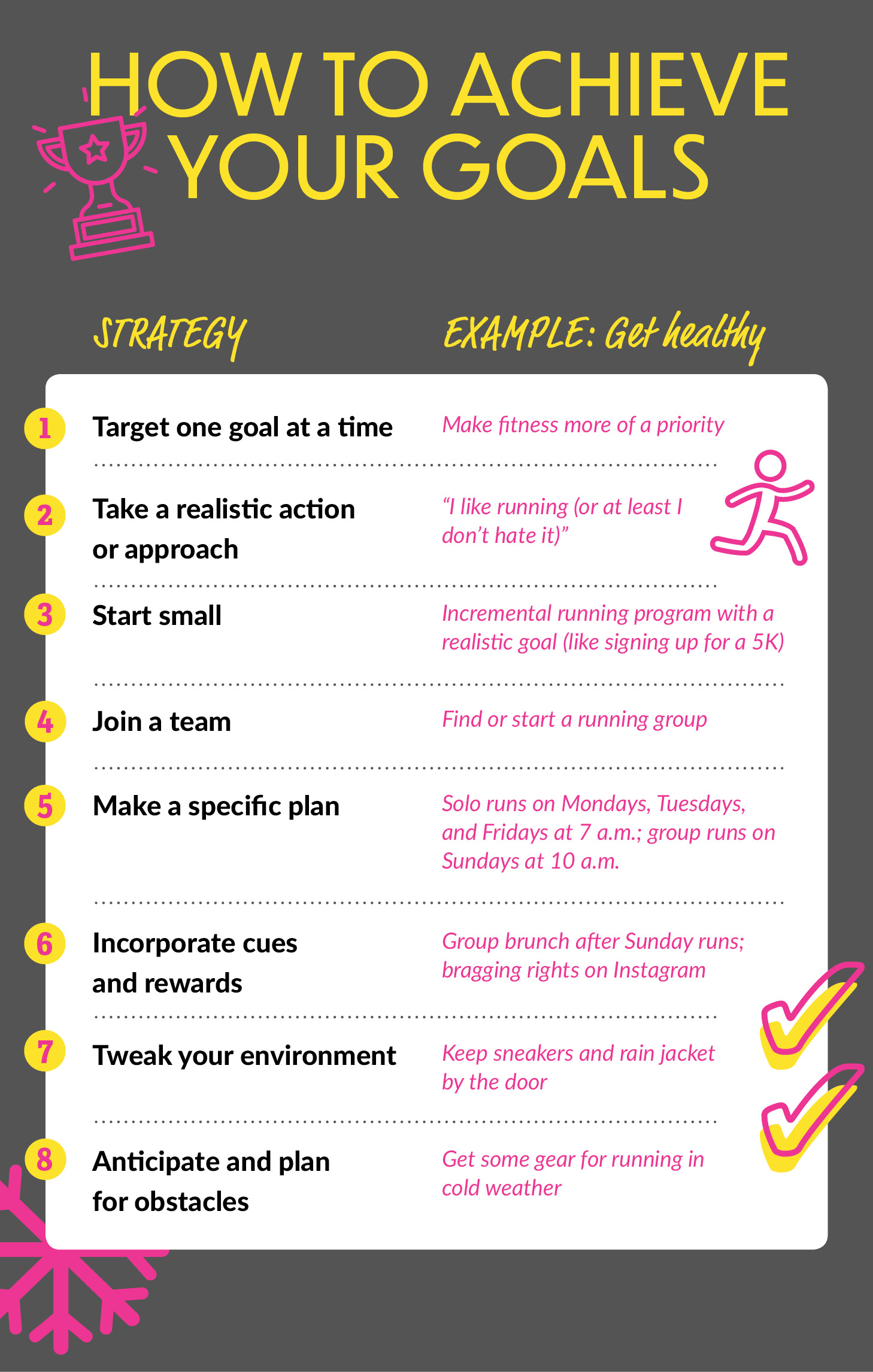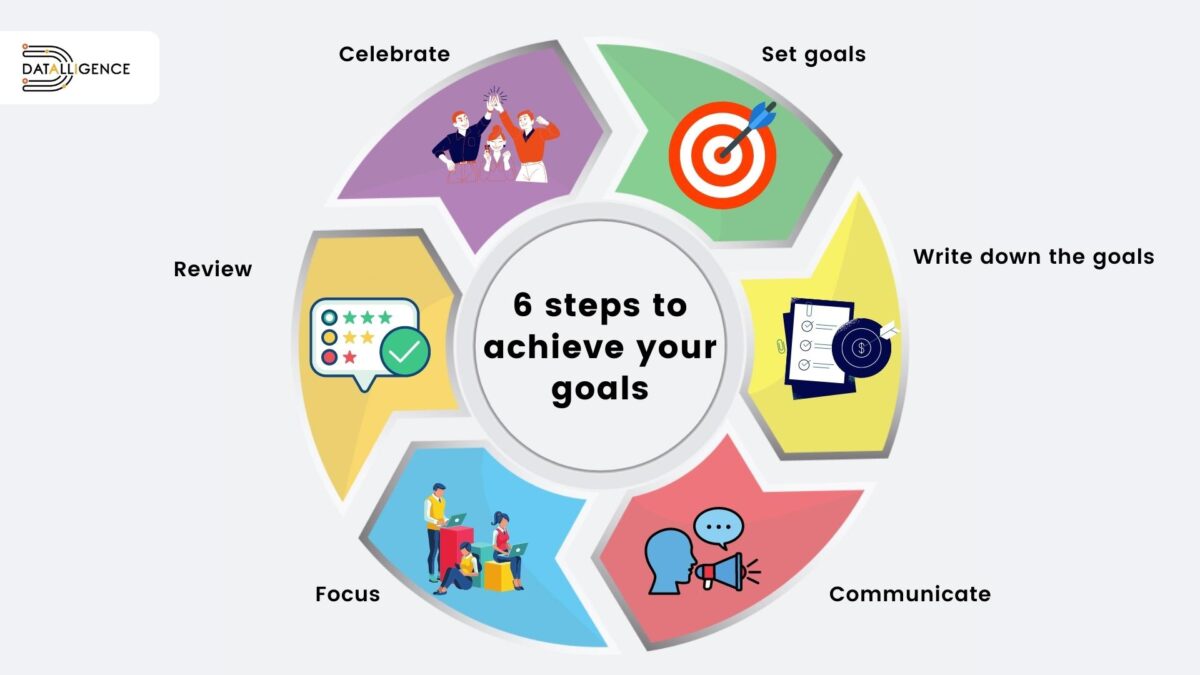How To Set And Achieve Goals The Right Way
.png)
In a world saturated with self-help gurus and fleeting motivational quotes, the fundamental question persists: How do we genuinely set and achieve our goals? The failure rate is staggering, with countless aspirations dissolving into unfulfilled dreams. Experts argue that the key lies not in grandiose pronouncements, but in a structured, psychologically informed approach to goal setting and execution.
This article dissects the science and art of effective goal attainment. It will provide a roadmap for transforming vague ambitions into tangible realities. We will explore proven strategies, supported by research and expert insights, to guide you towards achieving your desired outcomes.
The SMART Framework: A Foundation for Success
The SMART framework, an acronym for Specific, Measurable, Achievable, Relevant, and Time-bound, remains a cornerstone of effective goal setting. Developed by George T. Doran, Arthur Miller, and James Cunningham in 1981, it provides a structured way to define your objectives.
Rather than stating "I want to get in shape," a SMART goal would be: "I will lose 10 pounds by exercising three times a week for 30 minutes and following a balanced diet, within the next three months." This specificity clarifies the target and provides a framework for tracking progress.
Beyond SMART: Embracing Psychological Insights
While the SMART framework is valuable, it's crucial to integrate psychological principles for sustained motivation and commitment. The self-determination theory, developed by Edward Deci and Richard Ryan, emphasizes the importance of autonomy, competence, and relatedness in achieving goals.
Goals should align with your intrinsic values and desires, fostering a sense of ownership. Break down large goals into smaller, manageable steps to build confidence and a sense of competence. Seek support from friends, family, or mentors to foster a sense of relatedness and accountability.
Implementation Intentions: Bridging the Intention-Action Gap
Many individuals struggle to translate their intentions into action. Implementation intentions, or "if-then" plans, can bridge this gap by creating mental links between a specific situation and a desired behavior.
For example, instead of simply intending to "write every day," an implementation intention would be: "If it is 8 AM, then I will write for one hour." This pre-planning increases the likelihood of following through on your goals.
"The best predictor of future behavior is past behavior. Therefore, building habits and routines is critical for long-term goal attainment," says Dr. Wendy Wood, Provost Professor of Psychology and Business at the University of Southern California.
Tracking Progress and Adapting to Challenges
Regularly monitoring your progress is essential for staying motivated and making necessary adjustments. Utilize tools such as journals, spreadsheets, or apps to track your activities and milestones.
Be prepared to adapt your strategies when faced with challenges or setbacks. Flexibility and resilience are key to navigating obstacles and maintaining momentum. Don't be afraid to re-evaluate your goals and make adjustments as needed.
Seeking Feedback and Support
Constructive feedback from trusted sources can provide valuable insights and help you identify areas for improvement. Surround yourself with a supportive network of individuals who encourage and motivate you.
Consider seeking guidance from a coach or mentor who can provide personalized support and accountability. Remember, achieving goals is often a collaborative effort, and seeking help is a sign of strength, not weakness.
The Long Game: Cultivating a Growth Mindset
Adopting a growth mindset, as championed by Carol Dweck, is crucial for long-term success. Believe that your abilities and intelligence can be developed through dedication and hard work.
Embrace challenges as opportunities for growth and learn from your mistakes. View setbacks as temporary and focus on the process of learning and improving. This mindset fosters resilience and perseverance in the face of adversity.
Ultimately, setting and achieving goals is a journey of self-discovery and personal growth. By integrating the SMART framework, psychological insights, and a commitment to continuous improvement, you can unlock your potential and achieve your desired outcomes. Remember to celebrate your successes along the way and embrace the process of becoming the person you aspire to be.

















